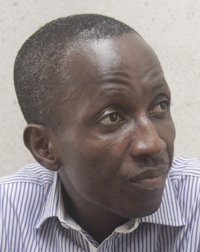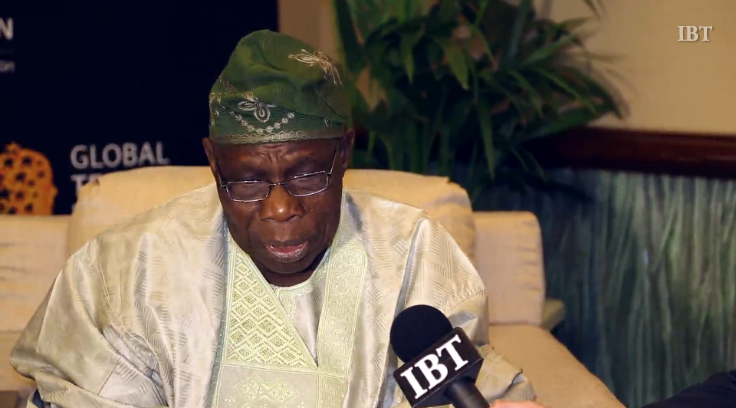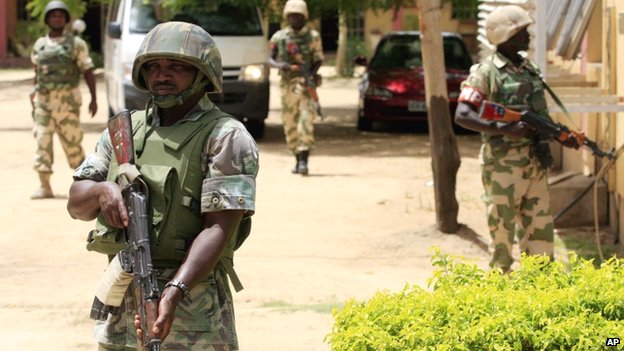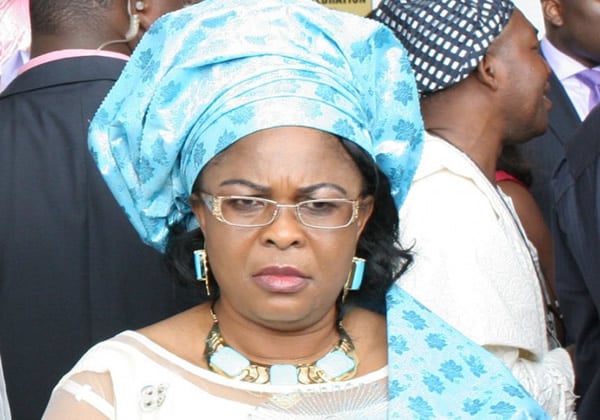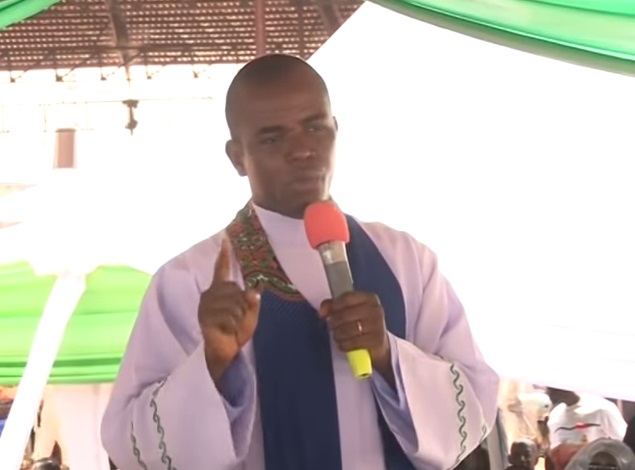It’s a season of politics and nothing seems more important two weeks before the presidential election than endorsement. Candidates, suddenly, have become products that require celebrities to endorse them and give a seal of approval that they are the best. In what I’m sure would give marketing executives and political communication experts enough to chew as they examine Nigeria’s peculiar race for endorsement, we need to step back and ask ourselves, ‘Is there any major gain in these endorsement?’ Do they really offer any value to the candidates and how many votes can a traditional ruler or religious leader attract after endorsing President Goodluck Jonathan or General Muhammadu Buhari?
A story, however, is worth recounting before we continue. And that is the diplomatic gaffe after the ‘Liegate saga’ involving Morocco. Typical of President Jonathan, nobody among our foreign ministry officials or diplomats who left him with eggs on his face and made us a laughing stock would be reprimanded. No, he will not ask for someone’s resignation or fire a person for this monumental failure.
Sometimes, you wonder whether we have eliminated traces of the fine work in diplomacy laid by such giants like Lawrence Apalara Fabunmi, the first director general of the Nigerian Institute of International Affairs, Jaja Wachuku, our first substantive minister of foreign affairs and commonwealth relations, Bolaji Akinyemi, Joseph Garba, and Ignatius Olisemeka. Those were days that whenever any Nigerian diplomat rose to speak, the global community paid serious attention and until our country speak; some decisions would not be taken or endorsed. How we lost it is a matter for another day.
But, what exactly does Morocco offer that we needed to cross oceans for endorsement? After asking from those who should know, the easily discernible explanation was that Mohammed VI, the King of Morocco, is the present leader of Tijaniya sect, also known as Tariqa Tijaniyya, founded in Algeria in 1784 and which propagates the Tijani Sufi way. Large Tijaniya communities are found today in Morocco, Algeria, Egypt, Senegal, Sudan, Niger, Chad, Ghana, and Nigeria. It is believed that since the 19th century, this has been the most prominent Sufi order on the African continent.
Advertisement
Politicians, however, will always be politicians and I think that’s why our president will go to Morocco seeking endorsement so that the king can persuade the Tijaniya community in Nigeria to support his ambition. But this was not the first time that Nigerian politicians will seek the endorsement of a Tijaniya leader. Late Obafemi Awolowo admitted this in his book My March Through Prison in the defence statement on a three-count indictment preferred against him and 30 others on November 2, 1962 in the High Court of Lagos under Justice George Sodeinde Sowemimo. Awolowo admitted that Ibrahim Imam, who was the fourth prosecution witness in the case, visited Shehu Ibrahim Nayas of Koula in Senegal in August 1962. Nayas was then the head of the Tijaniya sect. “He had told me repeatedly before August 1962 that the Shehu had considerable influence over the majority of Moslems in the North who also belonged to the Tijaniya sect. He and I met Shehu Nayas in Ghana in 1961,” – page 97 of Awolowo’s book.
So if they can go to Morocco, would it be a big task to seek the endorsement of kings, religious leaders, actors, musicians and others for election? It’s just that the APC consistently has shaped the media narrative of the current presidential election campaign and thereby succeeded in making a pastor or king asking their followers to vote for Jonathan a bad leader even when the party’s candidate too is seeking such endorsement. I watch with amusement when some Yoruba leaders are labeled ‘traitors’ for supporting a particular candidate while those who anoint another are branded ‘credible’. You wonder then why such endorsement is tagged worthless and yet they would be glad to have them too.
At a family gathering last month, I watched how four couples spoke about their individual choices in the forthcoming presidential election even when all of them are Yoruba with husbands and wives supporting different candidates. I think endorsement might be worthy in the north if given by religious leaders and traditional rulers so also in the east if given by some religious leaders. It’s a different ball game in Yorubaland entirely.
Advertisement
I think our greatest concern should be the allegation that such endorsement are facilitated by money, dollars specifically. Of course, INEC is a toothless bulldog when it comes to enforcing the Electoral Act as it concerns campaign finance but we should all be worried if the allegation is true.
Add a comment
